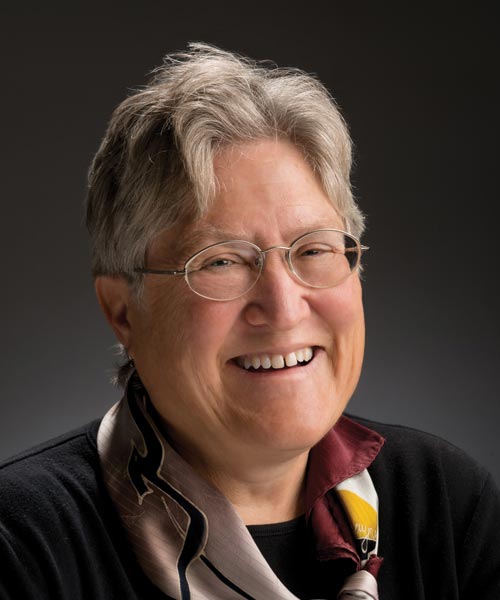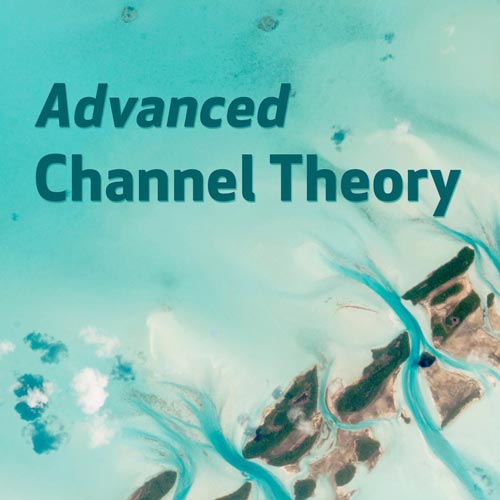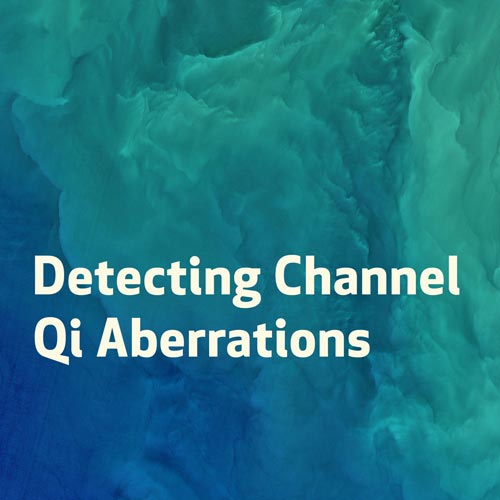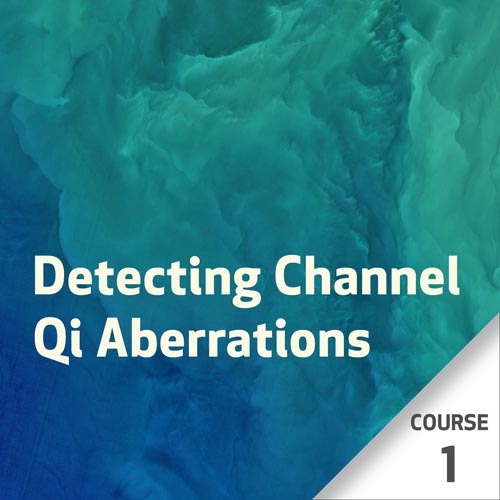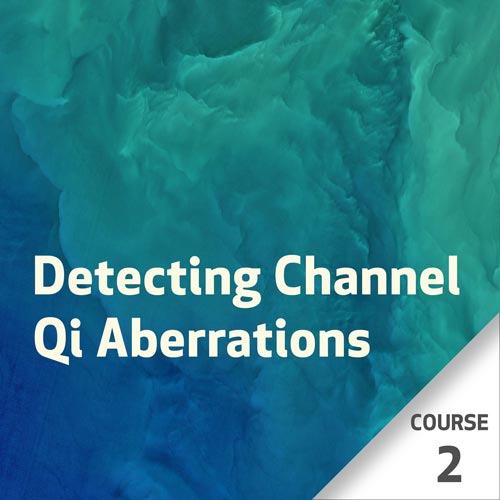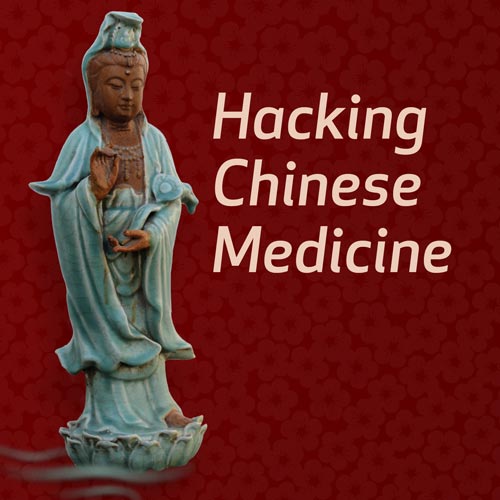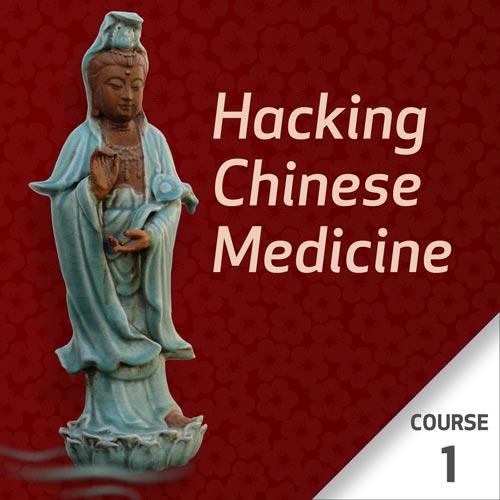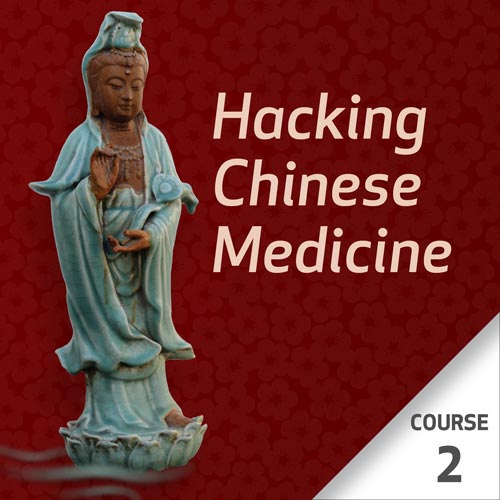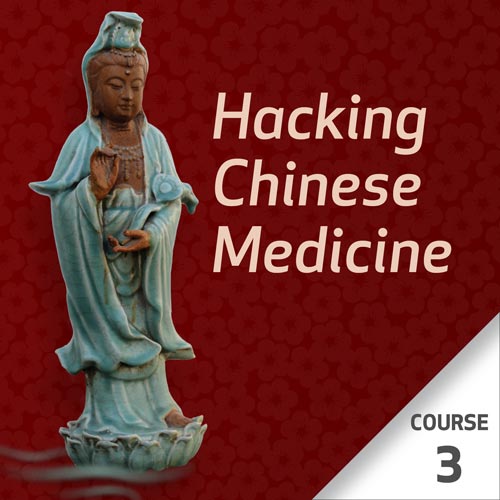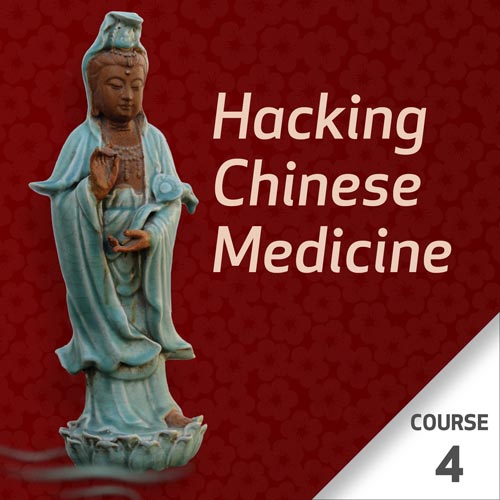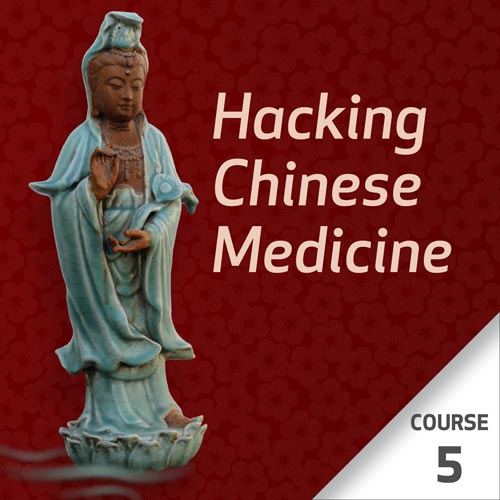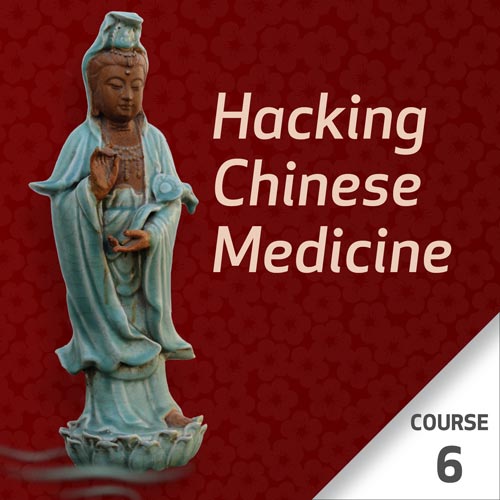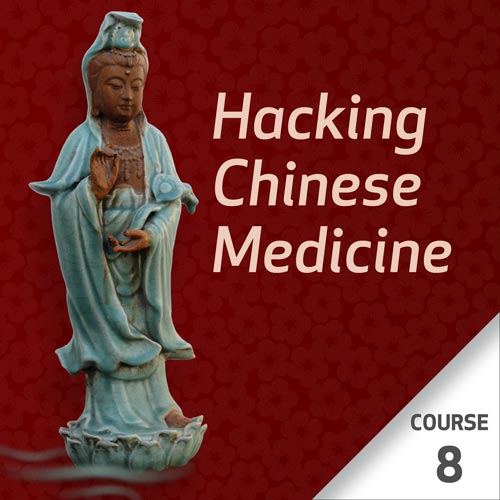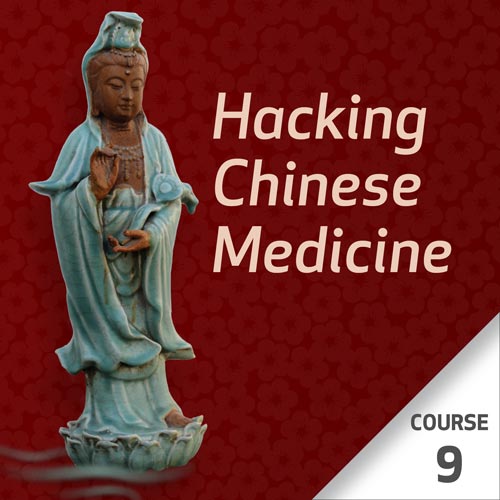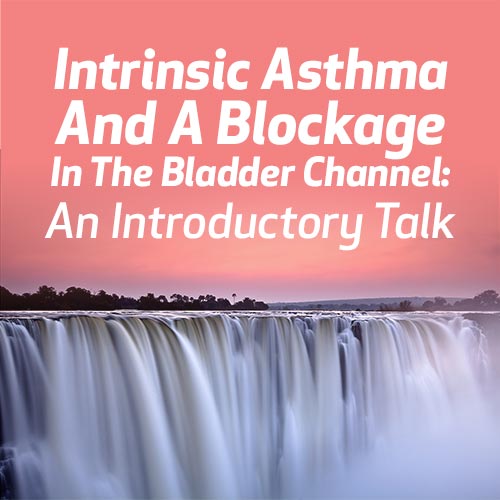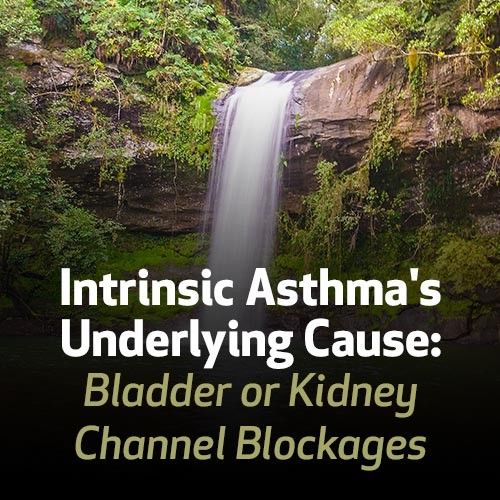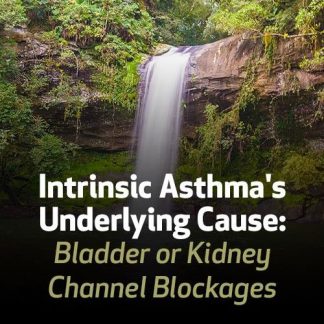Course Overview
If you are an English speaker, you may have a very incorrect idea of what is meant by the Chinese colloquial phrase “Balancing Yin and Yang.” Loosely translated, this phrase means anything from “let’s mix things up” to “let’s make things better.”
Then again, the phrase means something very different in classical Taoist Chinese, where it means the same as the ancient Greek idea of the same era: “balancing body and mind.” Which refers to lifestyle choices, and isn’t something that we can treat using medicine.
Learn more about this history of this concept and what it means for us in the field of Chinese medicine.
This lecture is the last of three that address common mistranslations from the Chinese into English.
After a discussion of Balancing Yin and Yang, the lecture makes a foray into a new field altogether: channel theory and it’s applications, starting with an example of treating asthma.
Objectives
-
Depth will be added to an English-speaking practitioner's understanding of the vocabulary and phraseology of Chinese Medicine.
-
The student will learn about cryptic aphorisms, mistranslations, and various error accumulations that have spanned over centuries.
-
The student will have a better understanding of the implications of Channel Theory from an electromagnetic, 21st century perspective.
Outline
0 hrs - 15 min
Overview of Yin and Yang and its etymology.
15 min - 30 min
The ancient meaning of Yin and Yang.
30 min - 45 min
The idea of the acupuncturist modeling balance for the patient.
45 min - 1 hrs
How to use Channel Theory.
Reviews
-
Christine O. (Canada)
Dr. Janice Walton-Hadlock is a passionate teacher and a pleasure to learn from. Her teaching opens us to another level of knowledge in oriental medicine that brings a new potential to one's practice.
-
Kimberly K. (United States of America)
Exceptional insight into the workings of Channel Qi and explaining its relationship to Western medicine.
-
Janet S. (United States)
I so enjoy Ms Hadlock's method of teaching through lots of stories and examples.
Reviews
Dr. Janice Walton-Hadlock is a passionate teacher and a pleasure to learn from. Her teaching opens us to another level of knowledge in oriental medicine that brings a new potential to one's practice.
Christine O. (Canada)
Exceptional insight into the workings of Channel Qi and explaining its relationship to Western medicine.
Kimberly K. (United States of America)
I so enjoy Ms Hadlock's method of teaching through lots of stories and examples.
Janet S. (United States)
Janice is an amazingly engaging entertaining presenter. She makes it easy to follow along with her and start think outside of the box of standard TCM teachings. I'm looking forward to watching more lectures in this series and to reading her books.
Andreas L. (Australia)
Great speaker! I love her enthusiasm and excellent knowledge and ability to explain the subject.
Rita W. (Canada)
Teacher
Janice Walton-Hadlock
Janice Walton-Hadlock, DAOM, L.Ac., is a professor at Five Branches University, and specializes in Channel Theory, Yin Tui Na, Psychology and Counseling; she is the founder of the Parkinson's Recovery Project, and is an author on topics relating to Channel Theory and Parkinson's.
Disclaimers
-
Accessing Your Course
After checking out, your email address will be sent to Net of Knowledge securely and you will gain instant access to your course. If you do not have a Net of Knowledge account yet, one will be created for you automatically and you will receive an email with a link to set up your password. Log in to your account at netofknowledge.com and start learning!
-
Unlimited Access & CEUS
You will have unlimited access to this course for as long as it is on Net of Knowledge, so that you can keep reviewing and learning from it over the years.
CEU requirements must be completed within 1 year from the purchase. During this time, you must view the training and complete any required documents to get your certificate. You must also print and save your certificate for your own records.
-
Cancellation Policy
Please note we do not offer refunds for our recorded online courses/webinars.
-
Note
This recording is available in an online format only; you will not receive a DVD or physical copy of the recording – it is only available to watch as a course to watch on the internet through your online account.

